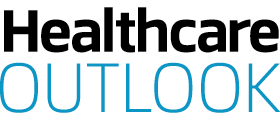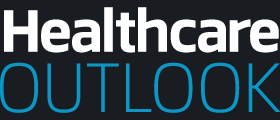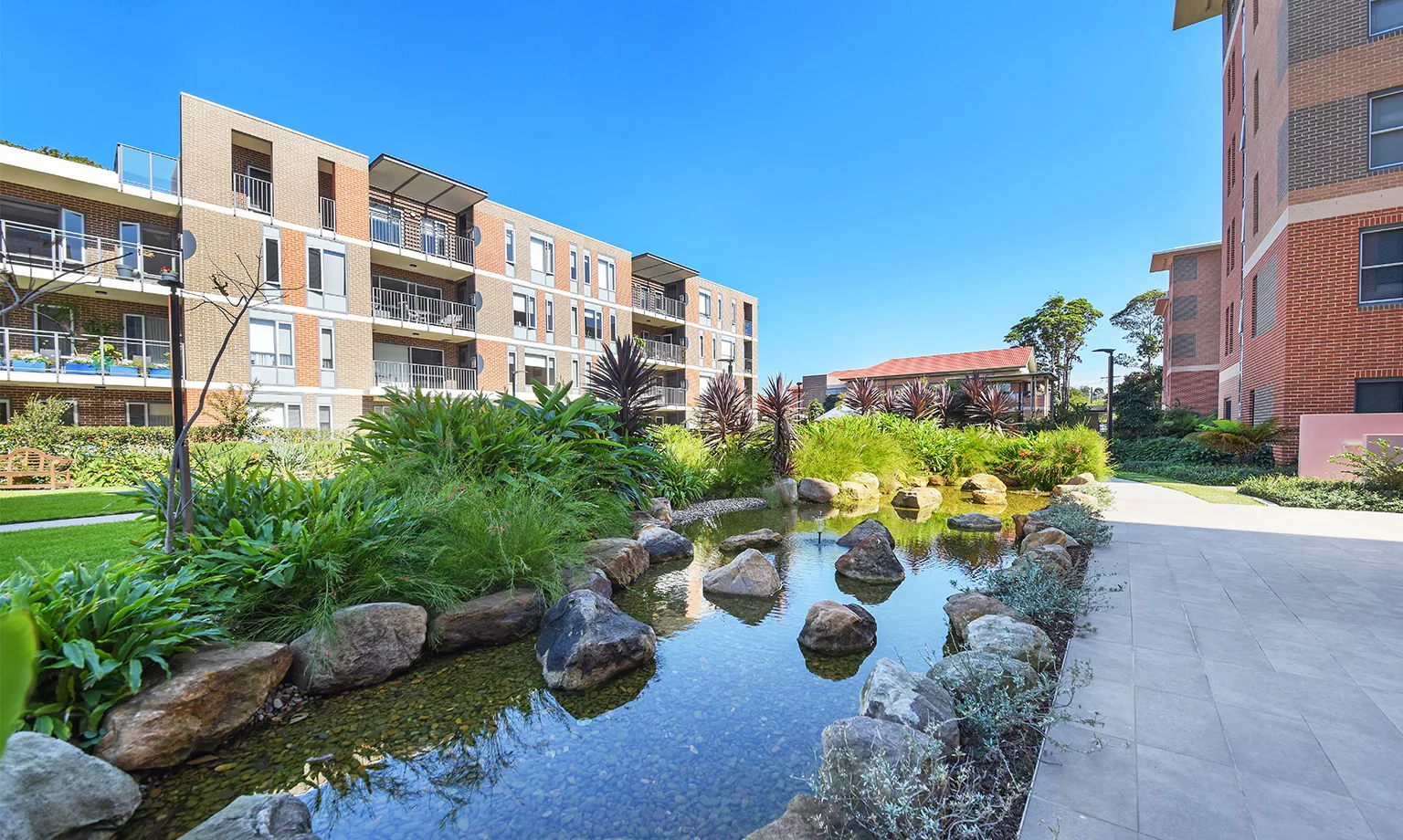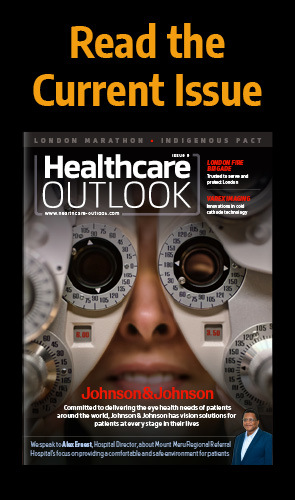Underpinned by Catholic Social Teaching principles, Catholic Healthcare is a leading not-for-profit provider of residential aged care, home care, and retirement living. We find out more from the company’s recently-appointed CEO, Josh McFarlane.
NURTURERS OF BODY, MIND, AND SPIRIT
The Australian aged care sector continues to undergo significant transformation as a result of the Royal Commission into Aged Care in 2018, as well as the changing needs of older people within the community.
Since the Royal Commission into Aged Care, which identified 148 recommendations to reform the aged care sector, there has been a wave of changes in legislation and regulations. These changes have broadly been very positive as they focus on ensuring the sector provides a safe environment for those who are most vulnerable in the community.
One example was the introduction of the Star Rating System for residential aged care, helping people to make informed choices.
“The expectations and needs of older Australians are shifting, which is driving a lot of positive change,” notes Josh McFarlane, CEO of Catholic Healthcare.
“The sector is moving from an institutional style of care to a much more person-centred and flexible style, which is fantastic. We are also seeing a new generation of residents, clients, and families who are used to ‘services on demand’ and expect an increased level of service from providers. It’s great that providers are having to innovate because of this.”
Another significant change is that older people increasingly wish to stay in the comfort of their own homes for as long as possible or live in innovative accommodation types that have flexible care offerings.
Indeed, since 2017, there has been an increase in home care packages from 70,000 to almost 300,000.
“The growth of home care services and other innovative models has been excellent to see,” adds McFarlane.
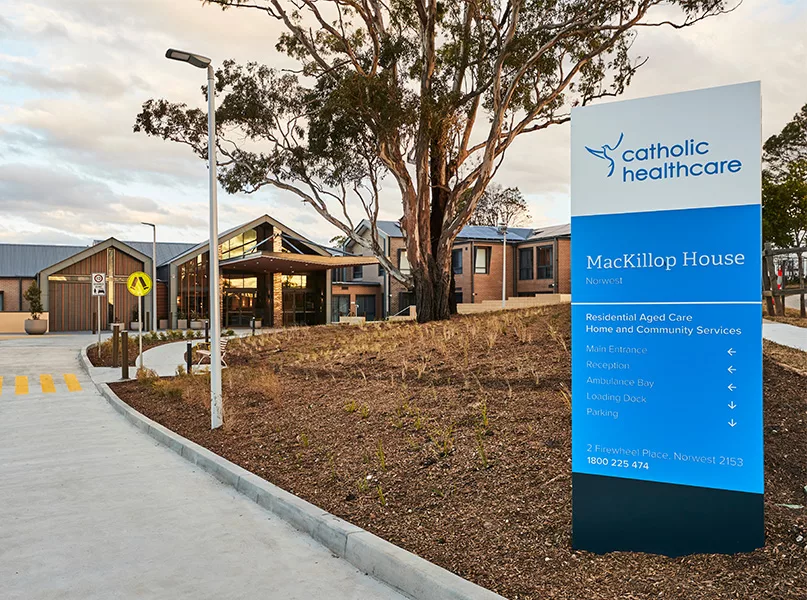
ENRICHING LIVES
Catholic Healthcare is a trusted, leading not-for-profit provider of residential aged care, home care, and retirement living stretching across Australia’s east coast.
The company operates 41 residential aged care homes, 13 retirement living communities, and provides home and community services to more than 6,000 clients.
With a strong and proud 30-year history of providing care and support to people of all faiths, backgrounds, and ethnicities, Catholic Healthcare’s 5,085 employees and 750 volunteers are passionate about enriching lives and offering services to nurture the body, mind, and spirit.
“Our person-centred, holistic approach focuses on client well-being with a continuum of care that is tailored, flexible, and covers every stage of life’s journey,” outlines McFarlane, whose own career in aged care has been somewhat of an adventure.
Prior to moving into the aged care sector, he worked in a variety of industries including mining, manufacturing, finance, and management consulting.
After accumulating a wealth of experience in a variety of fields, McFarlane wanted to shift gears and move into the not-for-profit space, where he felt he could make a real difference in the community.
Having led the home care strategy for a not-for-profit aged care provider on the south coast of New South Wales (NSW), McFarlane moved into to a Deputy Director role supporting one of Australia’s largest aged care portfolios.
In January 2022, he was then offered the chance to become COO at Catholic Healthcare, leading residential care, home and community, and independent living services, before transitioning into the Acting CEO role in May 2023 and his current position as CEO in October.
“I am grateful to have contributed to inspiring aged care organisations over the past 10 years that are making a difference in the community,” McFarlane reflects.
“I continue to be inspired by the sector, and I’m honoured to be leading Catholic Healthcare and delivering on its mission.”
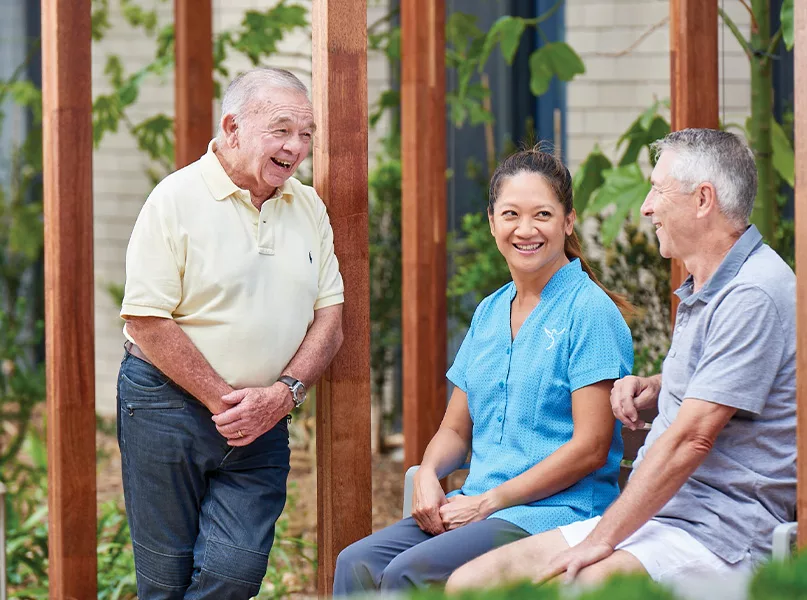
CATHOLIC SOCIAL TEACHING
Catholic Healthcare is proudly underpinned by Catholic Social Teaching, a set of principles that guide how life is best lived and to build a better society.
Catholic Social Teaching principles focus on the dignity of the person, the common good, and people’s right to have a voice and contribute to their life choices and governing institutions.
These principles fit very well with Catholic Healthcare’s mission and values of courage, compassion, and integrity, as the company endeavours to enhance the lives of older people, promote their dignity, enhance life decisions, and journey with them in their spirituality in an inclusive and connected manner.
“Our five-year strategic plan has a ‘Mental and Spiritual Wellbeing’ pillar, that aims to put Catholic Social Teaching principles into practice,” McFarlane informs us.
“This strategic pillar aims to offer a holistic approach to caring for people, including body, mind, and spirit.”
Catholic Healthcare is also incorporating mental and spiritual well-being through its model of care.
Seen as a significant opportunity to make a difference in the lives of those it cares for, the company is working hard to bring this to life.
“There is a large amount of research providing evidence that spiritual wellness improves mental and physical health, especially as people age and choices become limited,” shares McFarlane.
“Catholic Healthcare’s mental and spiritual programme offers integrated services across four areas: home, health, heart, and hope. This results in people feeling personally supported and fully connected within their homes and our service-built communities.”
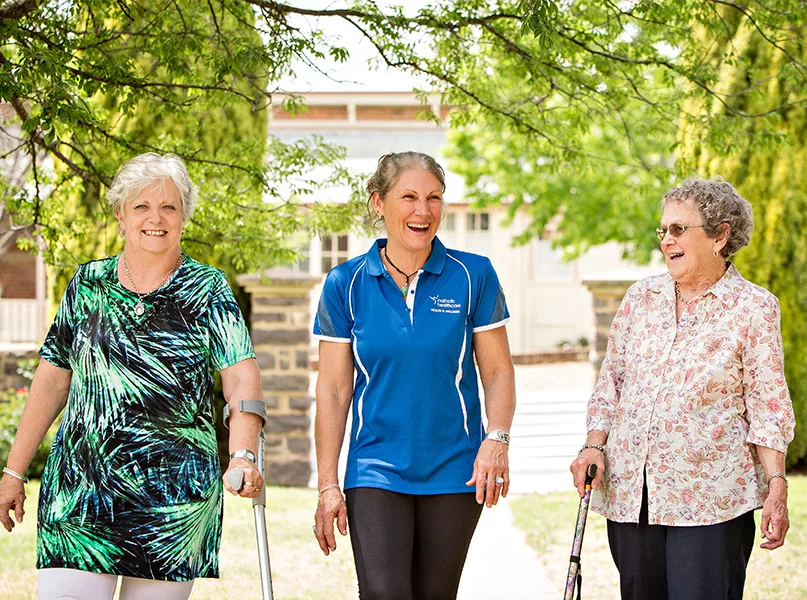
EMPATHY AND COMPASSION
In an industry that involves people caring for each other, employees are Catholic Healthcare’s most valuable asset.
When making decisions on vendor selection, the company places great importance on having partners who share similar values and understand the sector, business, and people it serves.
“Empathy in our industry is important as we are assisting vulnerable people within our communities,” McFarlane emphasises.
Equally, Catholic Healthcare supports actions that contribute towards a more compassionate and humane society, including Australia’s Modern Slavery Laws.
“We seek to raise awareness of the risk of modern slavery and ensure our supply chains are comprised of credible providers,” he states.
“Our employees continue to be educated on the issue of modern slavery, and we progressively refine our procurement practises with a focus on the ethical production and supply of goods and services.”
Because Catholic Healthcare’s employees are inspired daily by its mission and values, one of the four key priorities that McFarlane is focusing on for the year ahead is to continue the company’s journey of being a leader in creating a great place to work.
Another of Catholic Healthcare’s focus areas is exploring how it can innovate to enhance the care it provides for residents and clients.
The company is therefore exploring how innovative technology and new building designs can provide better care outcomes.
Additionally, Catholic Healthcare wants to make a bigger impact in the community and is actively identifying how it can address challenges such as social isolation, the housing crisis, and helping those that are financially disadvantaged.
“I also want to continue to advocate and support continuing improvement in the regulatory environment for providers and older people so we create the best possible system for everyone,” concludes McFarlane.
